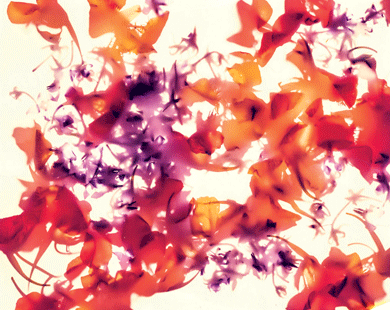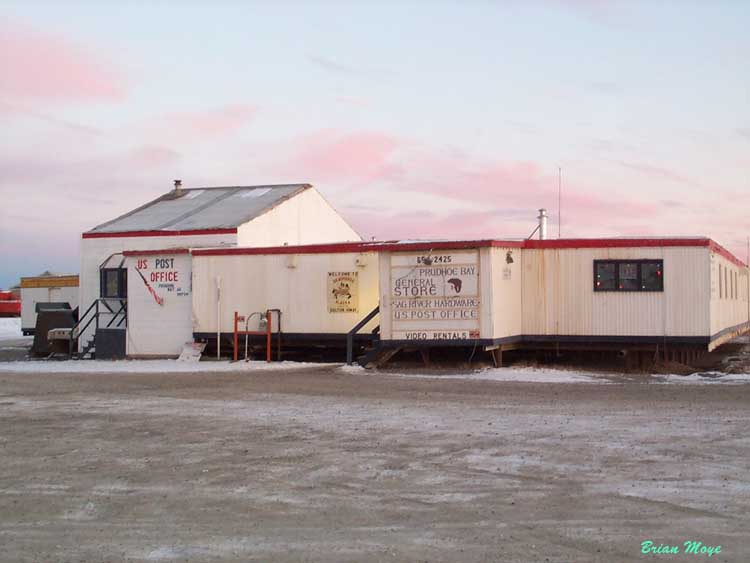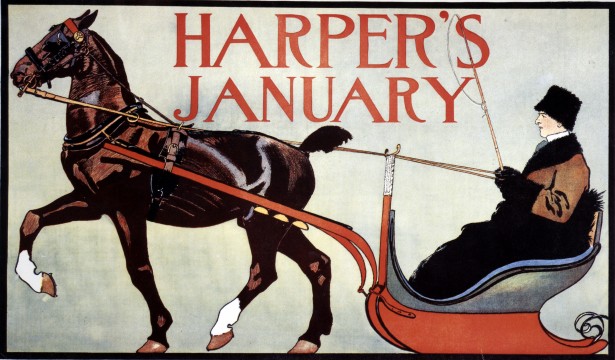
From Ocean Vuong’s new poem ‘Dear Rose’, featured in Harper’s with an introduction by Ben Lerner:
DEAR ROSE
if you’re reading this then you survived
my life into this one this one with
my name crossed out then found
halfway in your mouth if you’re reading this
then the bullet does not know you
yet but I know mom you can’t
read napalm fallen on your schoolhouse
at six & that was it they say
a word is only what it signifies
that’s how I know the arrow
-head in my back means
I’m beautiful a word like bullet
hovers in an amber afternoon on its way
to meaning the book opens like a door
but the only one you ever read
was a coffin its hinges swung
shut on lush descriptions
of a brother & the bullet still
the fastest finger pointing
to life I point to you to me to
-day a Thursday I took a long walk
alone it didn’t work kept stopping
to touch my shadow just in case
feeling is the only truth
I’m capable of & there down
there between thumb & forefinger
an ant racing in circles then zigzags
I wanted significance but think
it was just the load he was bearing
that unhinged him: another ant
curled & cold lifted on
his shoulders they looked like a set
of quotations missing speech it’s said
they can carry over 5,000x their mass
but it’s often bread crumbs
not brothers that get carried
home but maybe going too far
is to admit the day ends anywhere
but here no no mom this
is your name I say pointing
to Hong on the birth certificate thin
as dust Hong I say which means
rose I place your finger on a flower so
familiar it’s almost synthetic red
plastic petals dewed with glue I leave
it out of my poems I turn from
its face — clichéd oversized
head frayed at the edges
like something ruptured
by a bullet seeking language
a kind of person which is to say
I was born because you
were starving but how can anything
be found with only two hands
with only two hands you dumped
a garbage bag of anchovies into the glass jar
(…)



